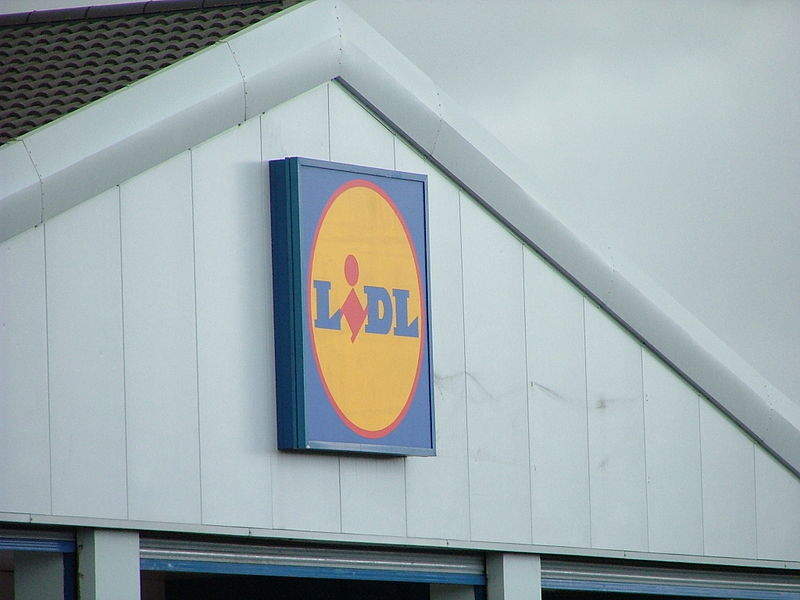UK retailer Lidl has committed to remove unrecyclable black plastic from its fruit and vegetable packaging by the end of this month.

Image: Lidl store in Northern Ireland, UK. Photo: courtesy of Dom0803 (en-Wikipedia).
The company is claimed to be the first UK supermarket to stop the usage of black plastic across its entire fruit and vegetable range, which is expected to save 50 tons of black plastic waste per year.
Lidl said that will remove black plastic from products such as mushrooms, baby sweetcorn, asparagus, broccoli and cauliflower, by the end of this month.
In addition, the retailer has committed to stop using black plastic, which cannot be detected in sorting systems, on its fresh meat, fish and poultry range by August 2019.
Lidl commercial board director Ryan McDonnell said: “We recognise the current challenge that black plastic presents to the recycling industry, which is why we have made it our priority to remove it from our fresh ranges.
“As part of our commitment to achieving our ambitious targets, we are continually exploring opportunities to cut our packaging, and where packaging is necessary to protect food and minimise food waste, we will ensure that it is reusable, refillable or recyclable.”
Greenpeace said UK supermarkets generate over 800,000 tonnes of plastic packaging waste a year, with majority ending up in the sea.
Lidl said it will continue to test and trial more loose fruit and veg across its fresh produce range, and is in the process of trialling the removal of packaging from onions, cabbages and lettuces.
Majority of the UK’s largest retailers are focusing their efforts on the removal of plastics from their supply chain.
Last week, Waitrose & Partners committed to remove loose fruit and vegetable plastic bags by spring 2019 and 5p single use plastic carrier bags by March next year in all shops.
The move will save 134 million plastic bags, the equivalent of 500 tons of plastic per year.
Earlier this year, UK supermarket chain Morrisons had announced its plan to make all of its own brand packaging to be reusable, recyclable or compostable by 2025, in a bid to tackle plastic pollution.
